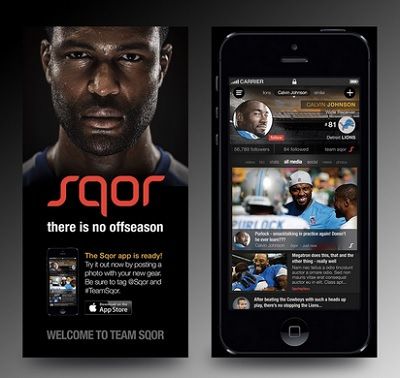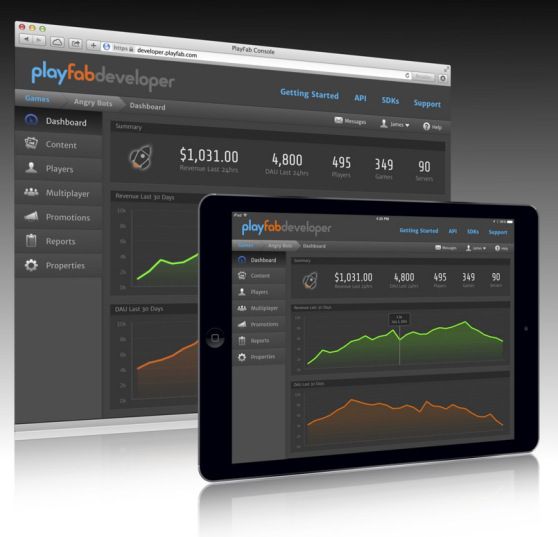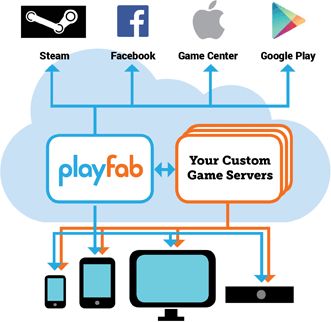According to the newly launched social network site Sqor, “there is no offseason.” And it’s true, in a way. Fans love talking about their favorite sports, even after the season ends and leaves them plenty to look forward to when it comes to the next. And that’s exactly where this new site wants to benefit.
Sqor is the home for over 1,500 professional athletes, who share and interact their daily content with devoted sports fans. But that’s not all, as it will also be opening up an avenue that will allow users to play games along with being social.
The site has announced that it will release its first lightweight social network games at the end of the month, including a title called College Showdown, which enables users to predict what will happen in a forthcoming game.
This is just the latest move by Sqor, a network that specializes in sending promotions via the network through social messages on mobile devices, as well as hosting chats with popular athletes, such as former Green Bay Packers quarterback Brett Favre, who serves as a board member.
“Sports is a global language,” said Brian Wilhite, the chief executive of Sqor. “Coming off the World Cup, we all got to see how impactful the global sporting event can be. What we are tapping into is the mobility and ease of participation in these events. You used to sit and watch. Now you can participate and be part of the content creation. We are right in the middle of this explosion of participation. We can touch every sports fan in the world.”
The network has done really well thus far, with around 500,000 unique visitors this month alone, even if the outreach is sure to be bigger in the months ahead with the athletes’ fans on board. A potential 25 million fans can be reached, with plenty of room for more.
“We have no politics, no food,” Wilhite said. “It’s all around sports. Our athletes take video and share it. Before a big event, they’ll make exclusive comments and publish it to their audience. It’s inside talk, right before the event or after it.”
“Sqor delivers the most entertaining content publishing platform for athletes in digital sports,” Favre said in a statement.
Future game releases for the social network will cover a variety of leagues, including the NFL, UFC, NBA and Major League Baseball. “Gamifying even the most mundane platforms seems to work,” said Wilhite. “It’s a natural fit for us. We’ll have really simple, lightweight ways to play against others on the platform. Sports is naturally entertaining and competitive.”
The network’s doing rather well based upon its raised $3 million in funding, and once NFL season kicks in, you can bet it will continue to thrive. “Fans are going to come because Sqor is the place where athletes are going to release exclusive content,” Wilhite said, although he didn’t elaborate on said content.
What do you think Will you check out Sqor
Source: VentureBeat




